Who traditionally pays for a Chinese wedding?
In traditional Chinese weddings, the groom's family is expected to pay for most of the wedding expenses, including the bride price, engagement gifts, wedding banquet, and other related costs. However, in modern times, the financial burden is often shared between both families or even taken on solely by the couple themselves. The specific customs and expectations can vary depending on the region and social status of the families involved.
1、 Bride's family pays for most expenses.
Traditionally, in Chinese culture, the bride's family is expected to pay for most of the expenses associated with a wedding. This includes the cost of the wedding banquet, the bride's dowry, and other expenses related to the ceremony and reception. This tradition is rooted in the belief that the bride's family is responsible for raising and preparing her for marriage, and therefore should bear the financial burden of the wedding.
However, in recent years, this tradition has been challenged and is slowly changing. With the rise of a more modern and egalitarian society, many couples are choosing to split the cost of the wedding between both families or even paying for it themselves. This shift is particularly evident among younger generations who are more focused on individualism and equality.
Furthermore, the cost of weddings in China has skyrocketed in recent years, making it increasingly difficult for families to bear the financial burden alone. As a result, many couples are opting for smaller, more intimate weddings or choosing to forgo traditional customs altogether.
In conclusion, while the tradition of the bride's family paying for most of the expenses associated with a Chinese wedding still exists, it is slowly evolving to reflect the changing values and attitudes of modern society.

2、 Groom's family may contribute to certain costs.
Traditionally, in Chinese culture, the responsibility of paying for a wedding falls on the groom's family. This is rooted in the belief that the groom's family is gaining a daughter-in-law and therefore should bear the financial burden of the wedding expenses. The groom's family is expected to cover various costs, including the bride's dowry, the wedding banquet, and other related expenses.
However, it is important to note that in modern times, the dynamics of Chinese weddings have evolved. With the changing social and economic landscape, the financial responsibility is often shared between both families. Many couples now choose to contribute to their own wedding expenses, and both the bride's and groom's families may contribute to certain costs.
In recent years, there has been a shift towards a more egalitarian approach, where the couple and their families work together to plan and finance the wedding. This change is influenced by factors such as increased financial independence of young couples, changing societal norms, and a desire for a more balanced and fair distribution of expenses.
It is also worth mentioning that the specific customs and traditions can vary depending on the region and the families involved. Some families may still adhere strictly to the traditional practice of the groom's family bearing the majority of the costs, while others may adopt a more modern approach.
Ultimately, the financial responsibility for a Chinese wedding is a matter of negotiation and agreement between the families involved. It is important for the couple and their families to have open and honest discussions about their expectations and financial capabilities to ensure a harmonious and enjoyable wedding celebration.

3、 Dowry and betrothal gifts are exchanged.
Traditionally, in Chinese culture, the responsibility of paying for a wedding is shared between the families of the bride and groom. However, the specific customs and practices can vary depending on the region and the families involved.
In the past, the groom's family was expected to bear the majority of the wedding expenses, including the cost of the wedding banquet, decorations, and gifts for the bride's family. This was seen as a way for the groom's family to demonstrate their financial stability and ability to support the bride. Additionally, the groom was expected to provide a dowry to the bride's family, which typically included money, jewelry, and other valuable items.
On the other hand, the bride's family would contribute by providing the betrothal gifts, which were given to the groom's family as a symbol of their acceptance of the marriage proposal. These gifts often included items such as tea, fruits, and other traditional offerings.
However, in modern times, the dynamics of Chinese weddings have evolved. With the changing social and economic landscape, many couples now choose to share the financial burden of the wedding equally or according to their respective financial capabilities. Some couples even opt to pay for their own wedding expenses entirely, without relying on their families for financial support.
It is important to note that these customs and practices can vary greatly depending on individual families and their personal preferences. Ultimately, the decision on who pays for a Chinese wedding is a matter of negotiation and agreement between the families involved.

4、 Wedding banquet is a major expense.
Traditionally, in Chinese culture, the groom's family is expected to bear the majority of the expenses for a wedding. This includes the cost of the wedding banquet, which is considered a major expense. The groom's family is responsible for hosting the banquet and inviting guests to celebrate the union of the couple.
However, it is important to note that in recent years, there has been a shift in this traditional practice. With changing societal norms and economic factors, the burden of wedding expenses is increasingly being shared between both families or even taken on by the couple themselves.
In modern times, many couples choose to contribute financially to their own wedding, as they become more independent and financially stable. This allows them to have more control over the planning and execution of their special day. Additionally, some families may choose to split the costs equally between the bride's and groom's families, reflecting a more egalitarian approach.
Furthermore, there is a growing trend of couples opting for smaller, more intimate weddings, which can help reduce the financial burden on both families. This shift towards smaller weddings is often driven by practical considerations, such as limited budgets or a desire for a more personal and meaningful celebration.
In conclusion, while the groom's family traditionally pays for a Chinese wedding, the dynamics have been evolving in recent years. The financial responsibility is increasingly being shared or taken on by the couple themselves, reflecting changing societal norms and economic factors. Ultimately, the decision on who pays for a Chinese wedding depends on the preferences and circumstances of the individuals involved.





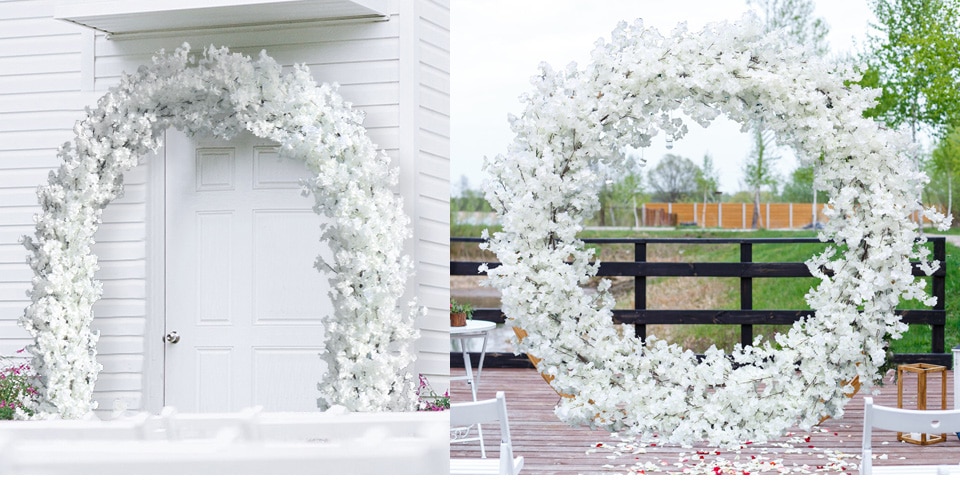

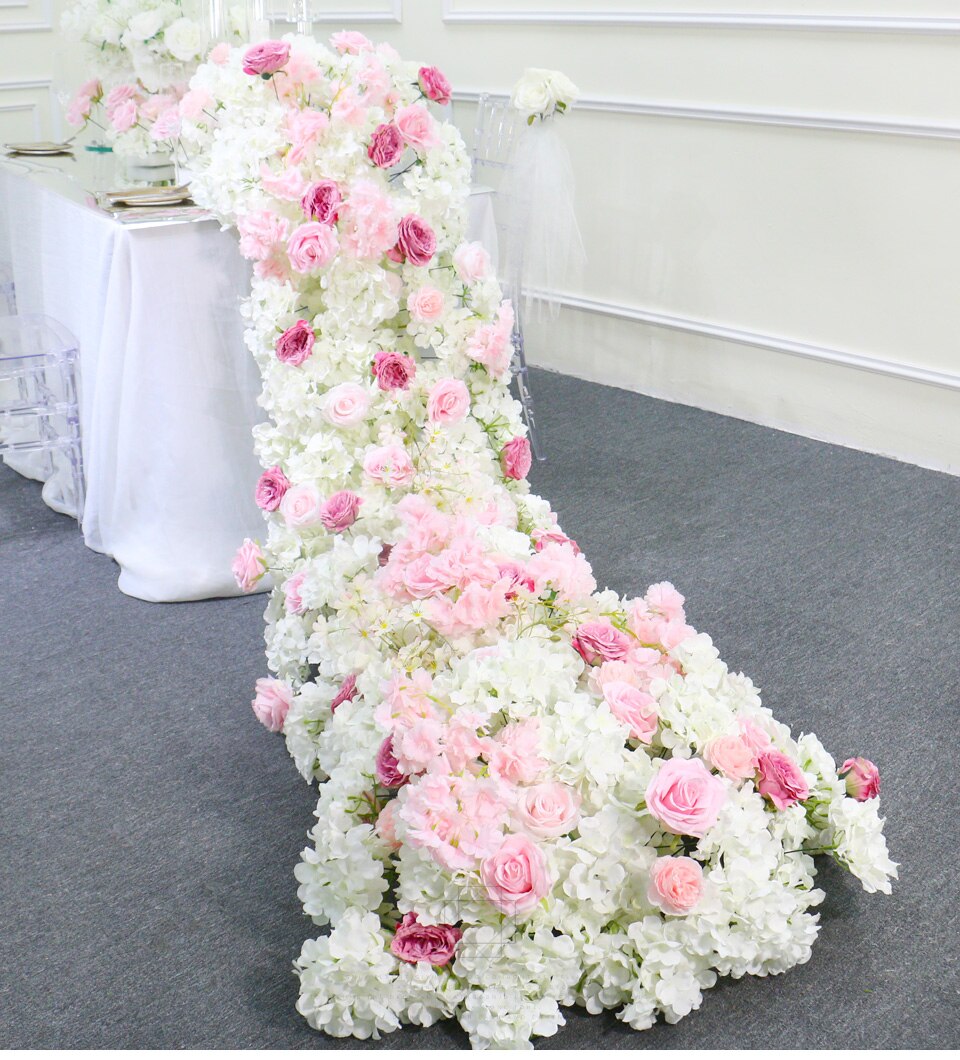


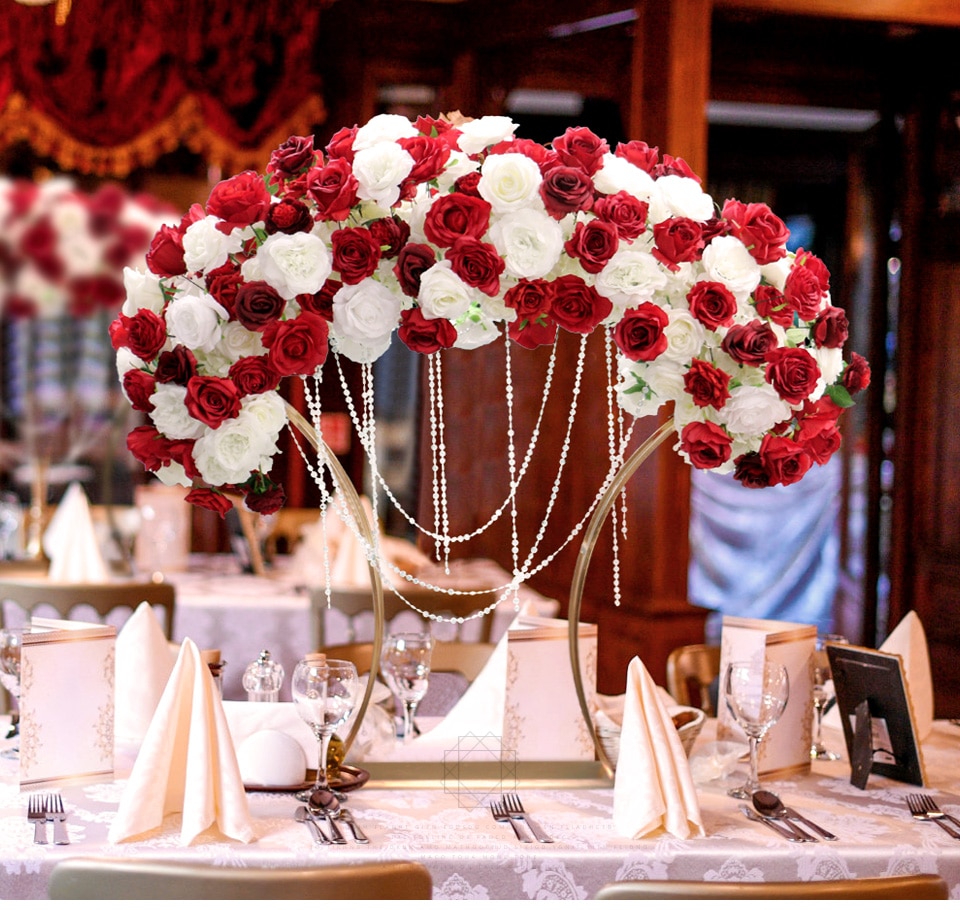
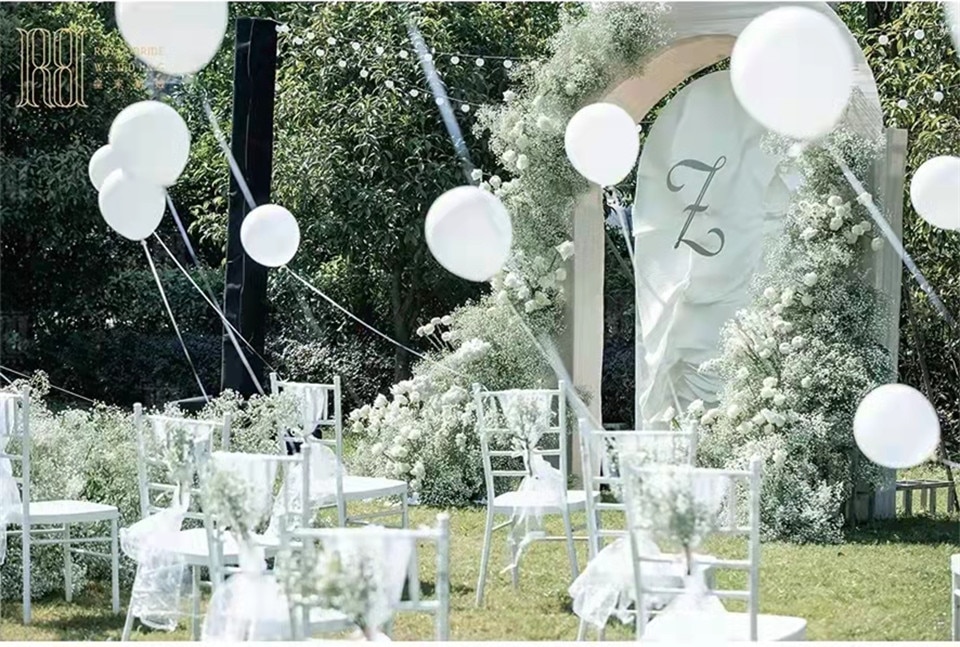
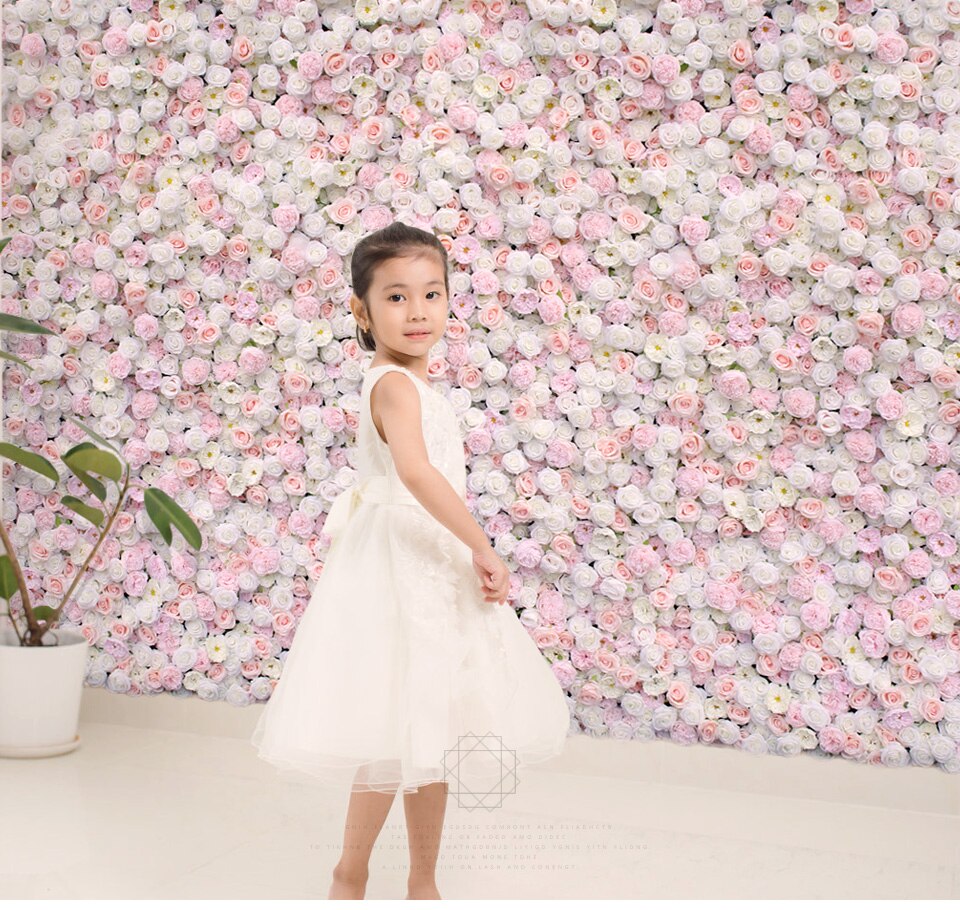
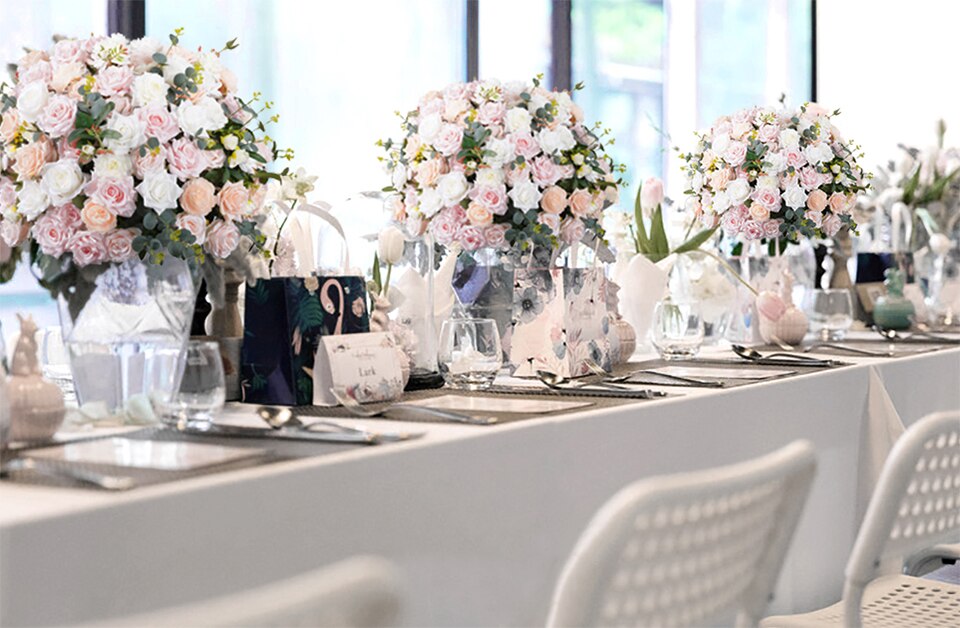
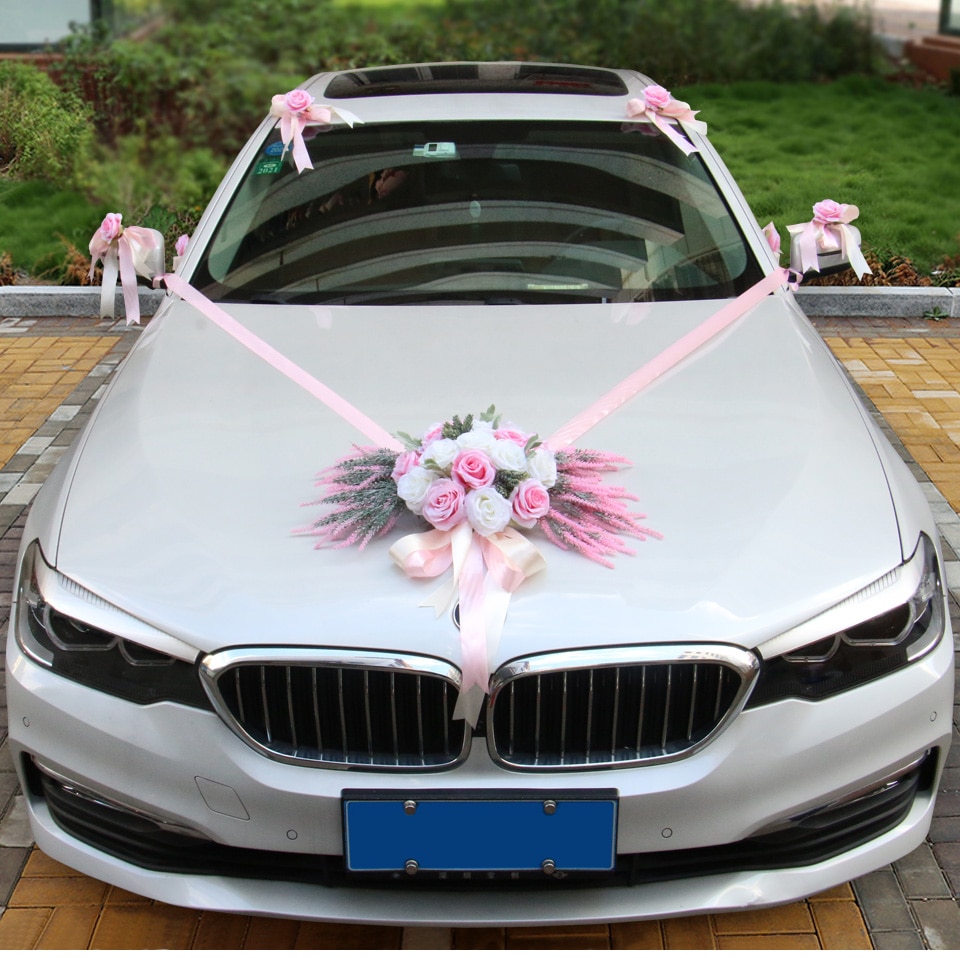




























Leave your comment